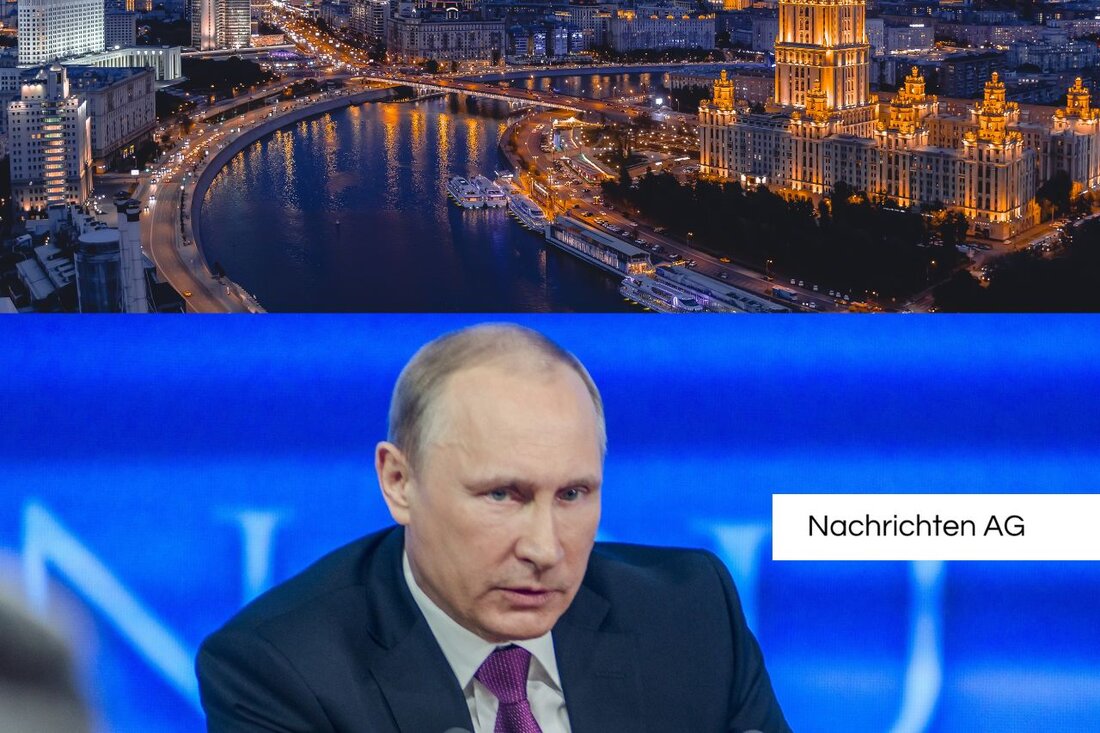EU plans security force for Ukraine: from the Leyen in action!
EU Commission chief from Leyen outlines plans for peace troops in Ukraine, discussions in Paris with leading politicians.

EU plans security force for Ukraine: from the Leyen in action!
EU Commission chief Ursula von der Leyen concretized the plans for the sending of multinational troops to Ukraine on August 31, 2025. These talks take place in Paris on Thursday, among others the German Chancellor Friedrich Merz, the British Prime Minister Keir Strandmer and NATO general secretary Mark Rutte. These multinational troops are to become part of the security guarantees that are to be guaranteed after the end of the Russian war of aggression. The support for these measures also comes from the United States, where President Donald Trump has guaranteed the American presence as part of the guarantees, as [vienna.at] (https://www.vienna.at/von-der-leyen-ukraine-chutztruppen-der-eu-eu-eu-eu-eu-eu-eu-eu-eu-eu-eu-eu-eu-eu-eu-eu-eu-eu-eu-eu-eu-u-in-u
In addition to these plans, Leyen promoted an increase in national defense budgets during a trip through eastern EU countries on the border with Russia. She emphasized the need for a higher commitment of the European armed forces and spoke out for new financing instruments to support Ukraine. After a possible event of peace, Ukraine should have a "remarkable number of soldiers" who should receive financial attention and modern equipment. The EU plans to ensure this equipment, because existing support flows should continue to be maintained. A 150-billion euro program was introduced that gives Member States the opportunity to either develop armaments projects together with Ukrainian companies or to deliver weapons directly, such as Spiegel.de supplemented.
Defense policy and European cooperation
The common security and defense policy (GSVP) is a central component of the EU's common foreign and security policy (GASP). The aim of the GSVP is to develop a European security and defense culture as well as the crisis management and protection of the EU and its citizens. It developed rapidly in particular after the beginning of the Russian attack on Ukraine on February 24, 2022. The legal foundations of the GSVP are specified in the Lisbon Treaty, which came into force in 2009. The functionality is described in Article 21 to 46 of the contract on the European Union, reports [Europarl.europa.eu] (https://www.europarl.europa.eu/factshets/de/sheet/159/gemeindens-sicherheit-und-verdetidungs policy).
The GSVP also includes constant structured cooperation (SSZ) and the European Defense Agency (EDA). The GSVP has carried out over 40 operations and missions since 2003, whereby 21 of them are active at the beginning of 2025. As part of these policies, the EU has mobilized around 11.1 billion euros to support the Ukrainian armed forces. In addition, initiatives have been started to strengthen the defense industry, including the European defense fund and a program for the joint procurement of defense goods by 2030, in which at least 40% of the goods are to be acquired together.
The planned measures are part of a comprehensive effort to increase the defense spending of the Member States and to optimize dealing with security policy crises. International cooperation with partners such as the United Nations and NATO is considered crucial to ensure the security of the EU sustainably.

 Suche
Suche
